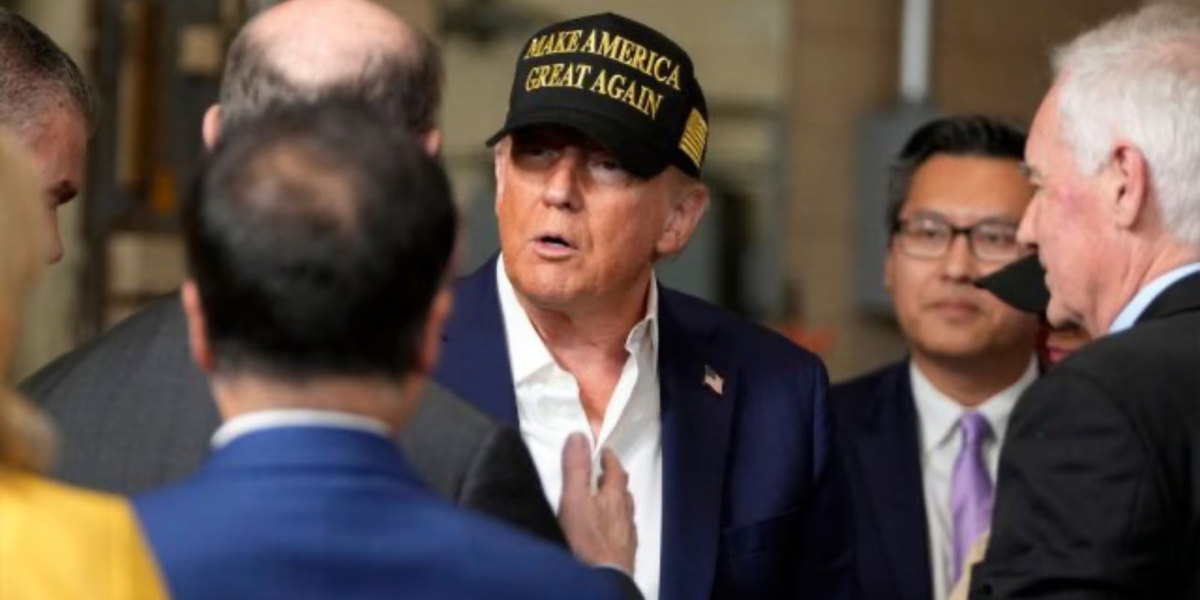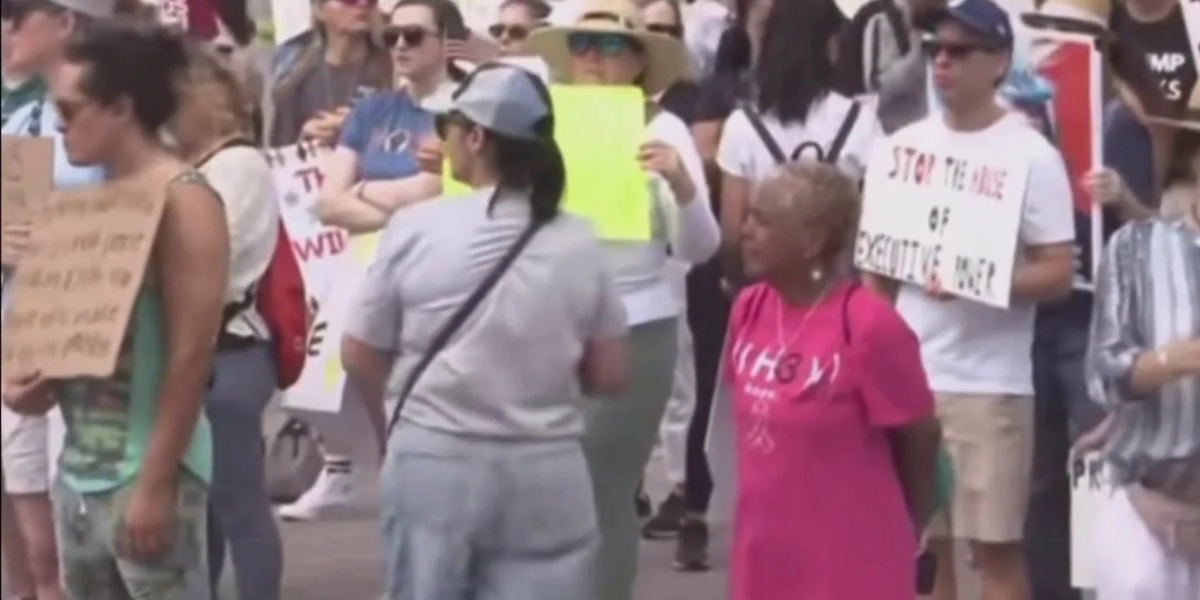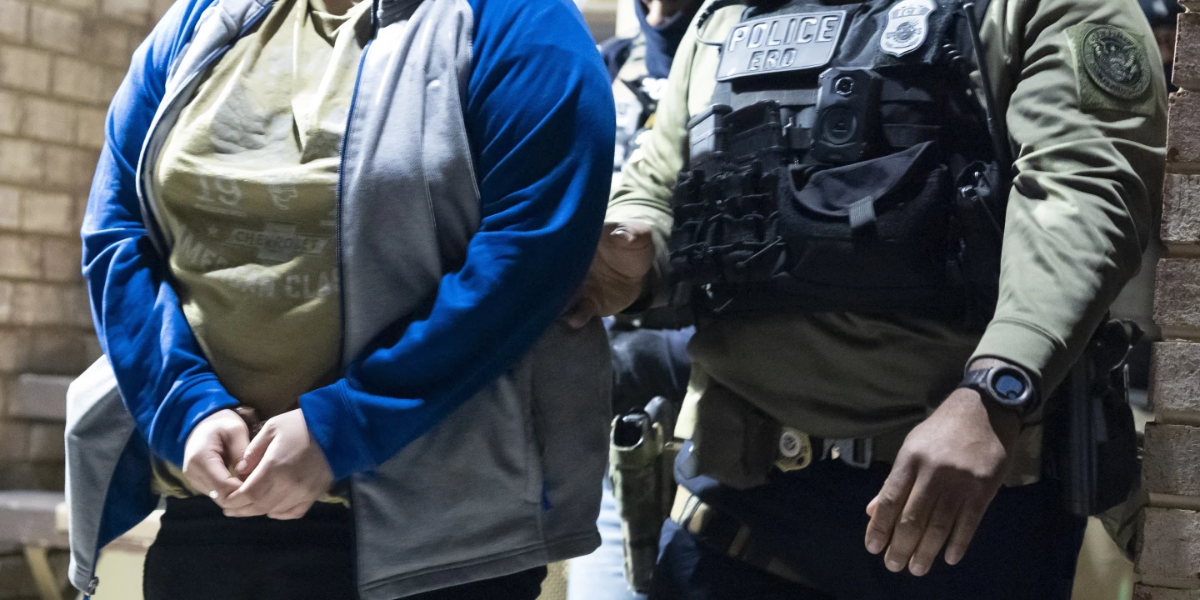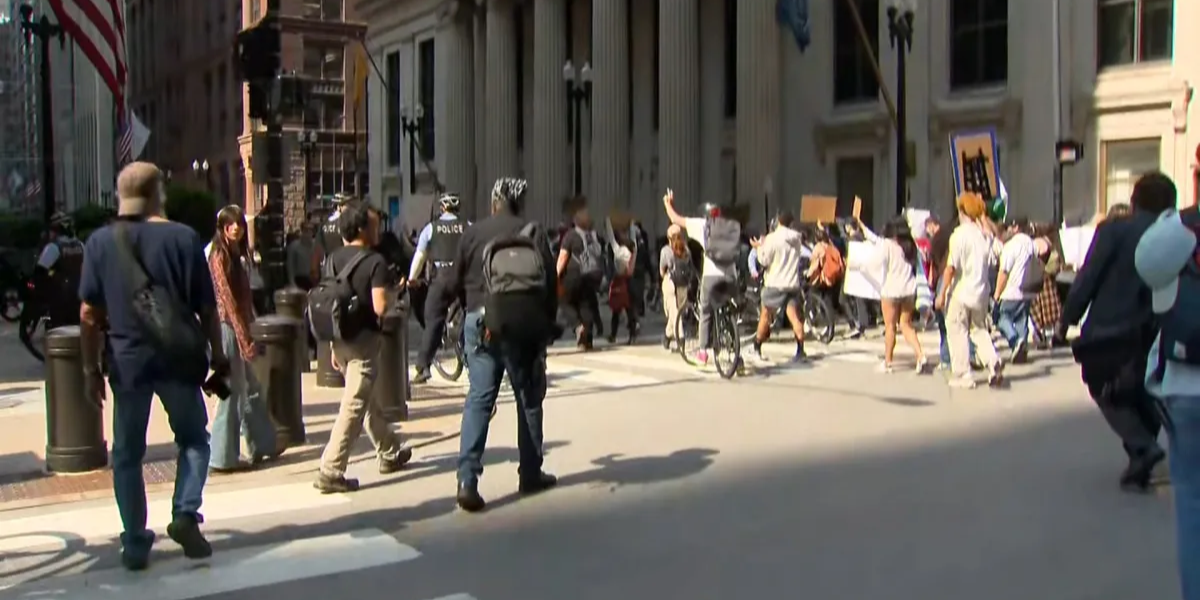A federal judge has ruled that the Trump administration must arrange the return of a Guatemalan immigrant who was deported to Mexico without being given the chance to express his fears of persecution or torture — a right protected under U.S. and international law.
This decision marks the third time courts have compelled the administration to bring back deportees who were improperly removed from the country. Yet, despite these rulings, the administration has not cooperated in facilitating their return to the U.S. to receive the legal protections they are entitled to.
The case involves a man identified only as O.C.G., who had previously faced grave dangers including sexual assault and targeting for his sexual orientation while in Mexico. His attorneys emphasize that before he was deported in February, he was not allowed to formally raise these concerns. After being bused across the U.S.-Mexico border, Mexican authorities subsequently deported him to Guatemala — a country where he also reportedly faces threats of violence and persecution.
U.S. and international laws strictly prohibit deporting individuals to countries where they could face torture or other severe harm. Those undergoing deportation proceedings have the right to claim protection if they fear returning to a country where they might be endangered.
Judge Brian Murphy, appointed by President Biden and based in Boston, delivered a firm and compassionate verdict in a detailed 14-page ruling. He described the case as “the banal horror of a man being wrongfully loaded onto a bus and sent back to a country where he was allegedly just raped and kidnapped.”
Murphy stressed the importance of upholding legal standards and government promises, stating, “The Court finds that the public benefits from living in a country where rules are followed and where promises are kept.” He noted that one such promise is the prohibition against deporting people to places where there is a credible risk of torture. “The return of O.C.G. poses a vanishingly small cost to make sure we can still claim to live up to that ideal,” he wrote.
The Trump administration has already been ordered to facilitate the return of two other men deported to El Salvador under controversial circumstances earlier this year. One of those cases even reached the Supreme Court, which upheld an order requiring the government to bring back Kilmar Abrego Garcia, who was unlawfully deported despite a court’s ruling protecting him from gang violence in El Salvador.
Another deportee, Daniel Lozano-Camargo from Venezuela, was sent to El Salvador under an 18th-century law invoked by President Trump to expel alleged gang members. A judge found this deportation violated legal protections established for certain undocumented immigrants brought to the U.S. as children.
Unlike those men, who remain imprisoned in El Salvador, O.C.G. is reportedly in hiding at a relative’s home in Guatemala. However, his safety remains precarious, as a federal court previously blocked attempts to deport him there due to credible fears of persecution.
The administration initially claimed O.C.G. was asked whether he feared being sent to Mexico and that he expressed no such concerns. Yet, after Judge Murphy requested depositions from officials involved, the Justice Department admitted it could not find any officer who recalled such a conversation taking place. This contradiction raised serious concerns about the government’s honesty.
“While mistakes happen, the events leading up to this decision are troubling,” Murphy wrote. “The Court was given false information, upon which it relied, twice, to the detriment of a party at risk of serious and irreparable harm.”
Lawyers for O.C.G. have suggested that a simple charter flight could bring him back if the court orders the administration to comply.
This ruling is the latest in a series of rebukes against the Trump administration’s handling of deportations. Judge Murphy has previously intervened to limit the government’s attempts to quickly deport migrants to countries like Libya and South Sudan, actions that sparked intense backlash from the administration.
Most recently, Secretary of State Marco Rubio criticized Murphy’s orders, claiming they interfered with U.S. diplomatic relations in Africa and contributed to violence in Tripoli, Libya. Rubio also warned that restrictions on deportations to South Sudan could hamper humanitarian efforts.
Despite the political controversy, the judge’s decision underscores the legal principle that deportations must respect due process and protect individuals from returning to dangerous situations. As this case unfolds, it highlights ongoing tensions between immigration enforcement policies and human rights obligations in the U.S.
“This article was written by Mathew Owen. AI tools were used lightly for grammar and formatting, but the ideas, words, and edits are all mine.”


 by
by 

